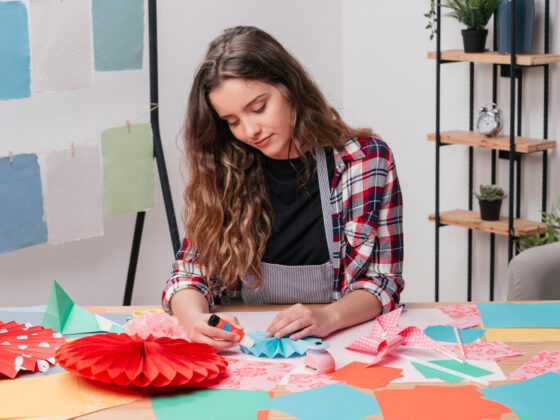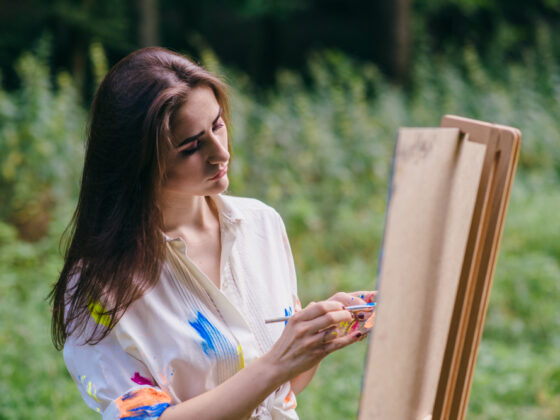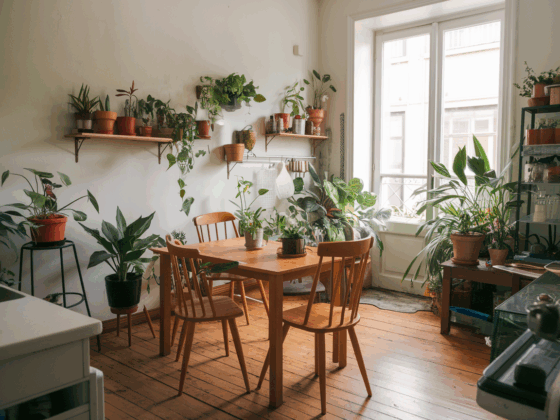Isn’t it freaky?
When you meet someone you thought was really young, but it turns out they’re not?
And you wonder what sort of skin routine they must have – how could they look so young?!
Yes, skin care is important, but there is more to it than that.
You can look young based on the following:
- The way you dress
- The glow of your skin and hair
- Your muscle tone
- How your personality shines through
- Your overall demeanour
If you take excellent care of your health and are consistent with these habits, you can slow down aging or look very young for your age.
That’s the goal.
In this post, I will talk about a few simple habits that, if done every day (consistently), will make a remarkable difference in how you’re perceived.
Let’s begin!
This post contains affiliate links, meaning I may make a commission at no extra cost to you if you decide to click on a link and purchase something. Click here to read the full disclaimer.
1. Cut out/Reduce everything that triggers age
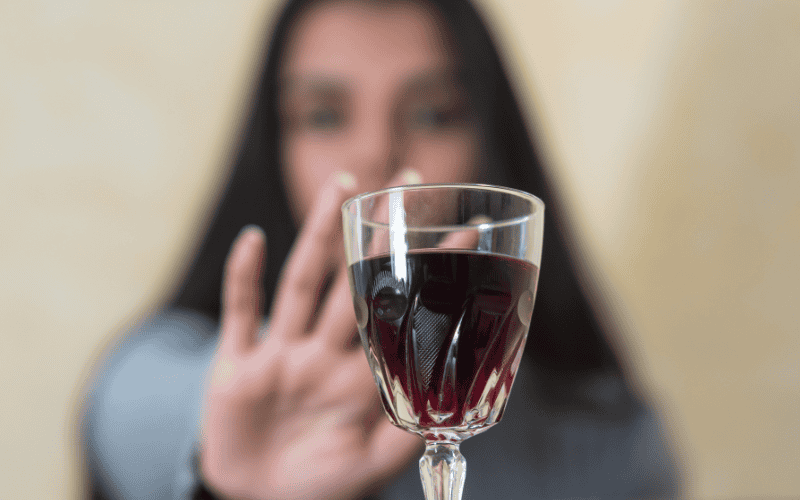
There are certain habits that you can reduce or cut down completely to stop/reduce aging.
Two of those habits include drinking alcohol and smoking.
Both these habits not only cause harm to your health but also make you age rapidly.
A tiny example: Many models smoke to lose their appetite and stay thin, but you’ll notice that by the time they’re in their late thirties, their skin starts to look older, especially around the eyes and mouth.
Smoking and drinking both decrease skin elasticity, and using skincare to combat this doesn’t really help much.
So, try to cut those habits out entirely or decrease their frequency.
2. Use sunscreen
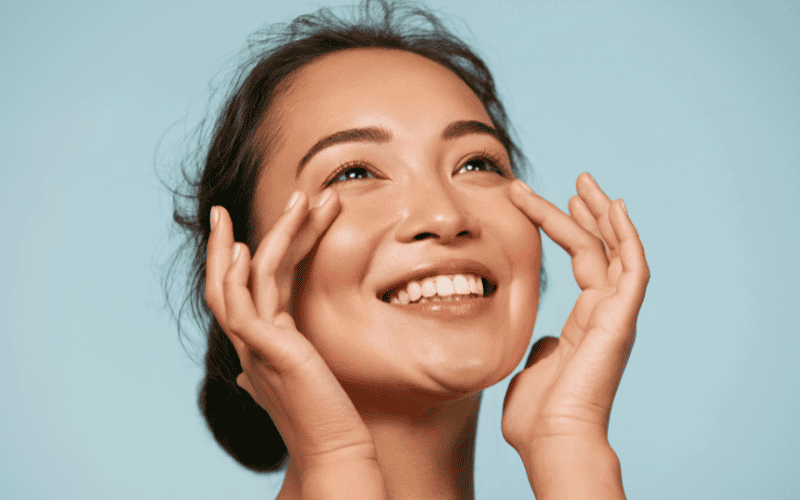
The sun ages your skin almost directly.
Koreans have amazing skin because they are taught at a young age to avoid the sun and wear lots of sunscreen.
So, you must wear sunscreen every single day.
Look for a broad range of SPF; even if you can’t reapply (I know it’s a pain), try to be consistent with it by applying it every morning.
Avoid direct sun as much as possible—wear sunglasses and a hat if necessary.
I just carry a mini-umbrella with me always so I never have to walk directly under the sun.
3. Eat mindfully
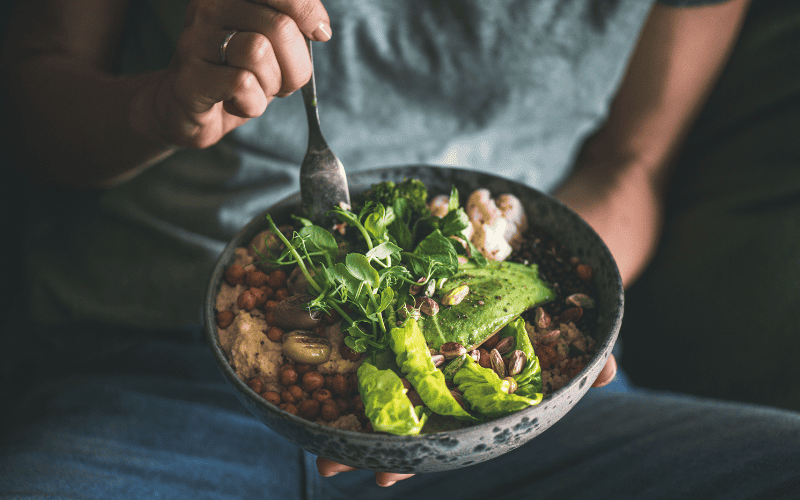
I have always struggled with food because I grew up eating a lot of junk food.
I would suggest first learning about your meals and understanding where you fall short or how you can improve.
Read books to understand the quality of food you are currently eating, or better yet, meet with a nutritionist.
Your health is your priority now, so don’t feel guilty spending a little time and money on this.
Start small.
Make little changes every day to choose healthier options.
Don’t go from eating junk food daily to eating only salads and water.
If you do a 360-degree complete switch, you will find consistency very hard.
Instead, make tiny changes to make this a sustainable habit.
For instance, if you are consuming soda every day, try stopping that first since sodas have a lot of sugar and chemicals (both of these can ruin your digestive tract and age you faster).
Slowly incorporate more fruits and veggies into your diet.
Eating more natural foods actually helps you fight lethargy and age slower.
Drink more water – it’s hard, but it’s doable if you put your mind to it!
4. Fix what is broken
Get your bloodwork done.
Understand what your deficiencies are and work on those.
I never knew I had a vitamin D deficiency till I got my blood test report back.
And it also told me that my hormones were out of whack.
Your body will try to tell you something is wrong in small ways – maybe you’ll have breakouts or your hair might be too dry.
Pay attention to your body and take supplements wherever necessary.
5. Move your body
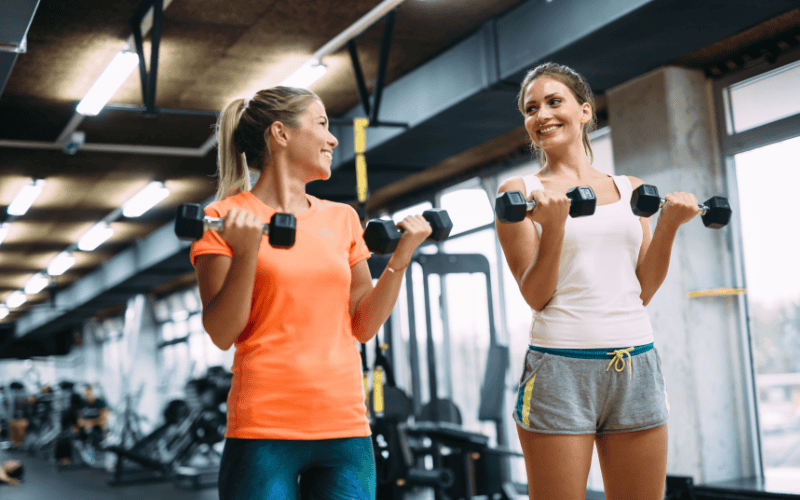
Here’s something interesting I learned lately:
“Exercise is the best defense and repair strategy that we have to counter different drivers of aging,” says aging researcher Nathan LeBrasseur, professor of physical medicine and rehabilitation at the Mayo Clinic in Rochester, Minn. It can’t reverse aging, per se, he cautions, but “there’s clear evidence that exercise can activate the machinery necessary for DNA repair.”
Exercise does help with aging slower.
It not only improves your lung and heart health, but it helps your body regenerate cells.
So, move your body.
If you’re not in the habit of working out, start small:
- Start walking more
- Do an activity you enjoy – swimming/dancing/kickboxing
- Find a workout buddy and do fun activities together
The goal is to build a sustainable routine that works for you.
So, start small and build up to working 3-5 times a week.
6. Workout your brain
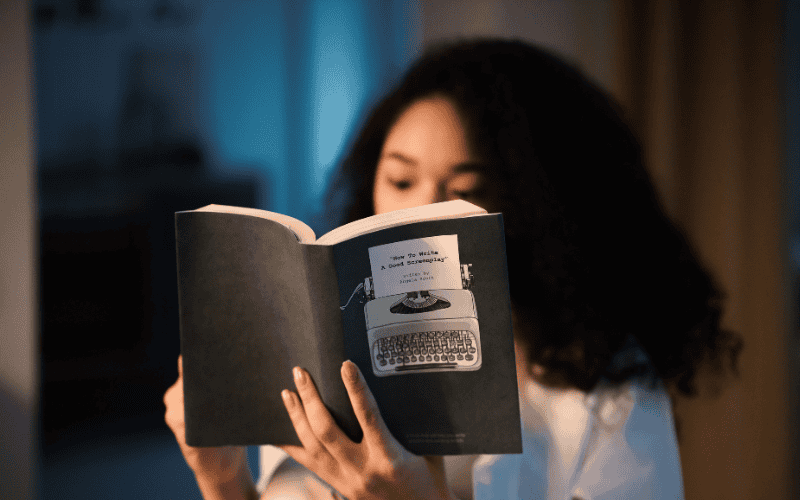
As important as your outer looks are, your brain needs exercise, too. By constantly challenging it, you will stave off diseases like Alzheimer’s or Dementia and improve your memory and processing speed.
I can honestly say that I work my brain more than my body – and I’m trying to improve that balance.
A few ways you can improve your brain power each week are:
- Read even if it’s just a few pages a day
- Talk to people and be open-minded (just having conversations can help build new neural networks)
- Play board games (it’s pretty addictive once you start, and you’ll have so much fun)
- Play jigsaw puzzles (get one you really like; it helps motivate you to finish it)
By exercising and challenging your brain, you’ll genuinely become smarter and people will also enjoy talking to you.
Do it – the rewards are tenfold.
7. Be mindful

Every time you take stress, you age faster.
It’s a known fact that stress causes your skin and hair to age faster – and the same thing happens to your insides as well.
Nobody can control what happens to them.
Sh*t happens to everyone.
But you can control how you perceive bad situations – you can control how you react to them.
In order to become mentally stronger, I suggest picking up a few of these habits:
- Journal – it gives you perspective and helps you learn about yourself so that you can become better.
- Meditate – Meditation teaches you acceptance, it also helps you work through your feelings and deal with them healthily.
- Talk to a therapist – If working by yourself isn’t helping, talking to someone who is non-biased will give you the tools to work with yourself
- Read books – Reading is free, and the information you get stays with you forever. Read these books to learn how to navigate pain.
My overall persona changed when I lost my mom and went through a breakup all at once.
I had to heal, and I read meditated, journaled, and attended therapy. All of these helped me become emotionally wiser.
I take less stress and I know I’m healthier now than I was in my 20s.
If you enjoyed this post, make sure you subscribe to get my personally written newsletters.
Here are a few more posts you may like:
- How to be enough for yourself
- How to focus on the present moment
- 24 ways to be more bubbly and have a bright personality!
- How to let go of the past even though it’s painful
- How to make friends in your 30s (What I did + photos)
- 9 reasons why friends come and go
- 25 personal goal examples to inspire you to create your own
- 7 healthy habits to develop in your 30s (for women)
- 13 ways to feel loved when nobody loves you
- 23 ways to let loose and be yourself
- How to forgive yourself for hurting someone




